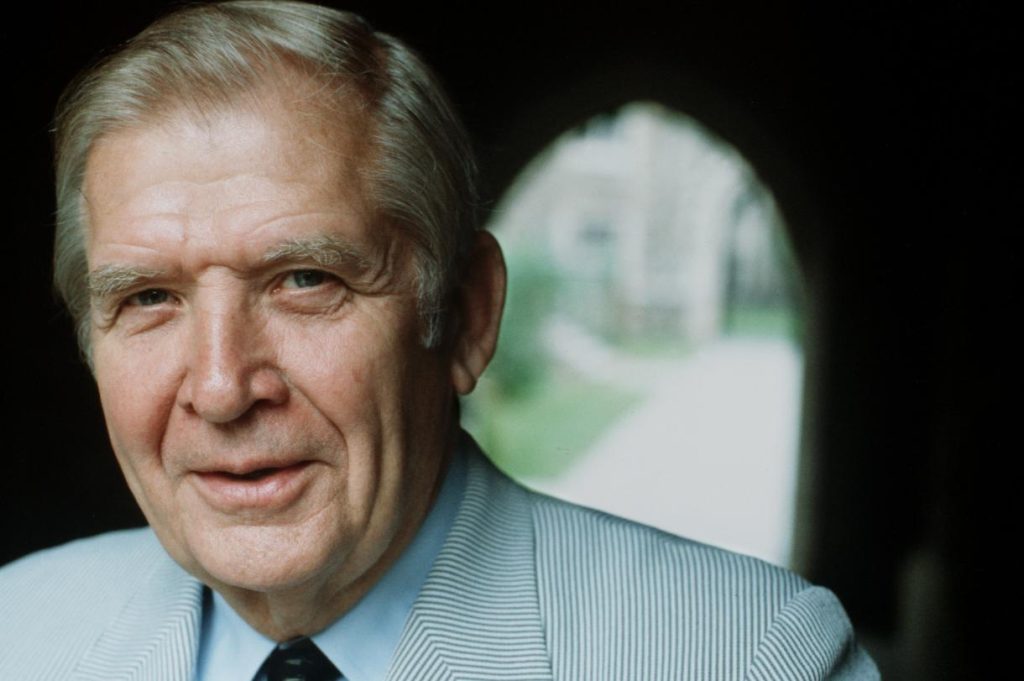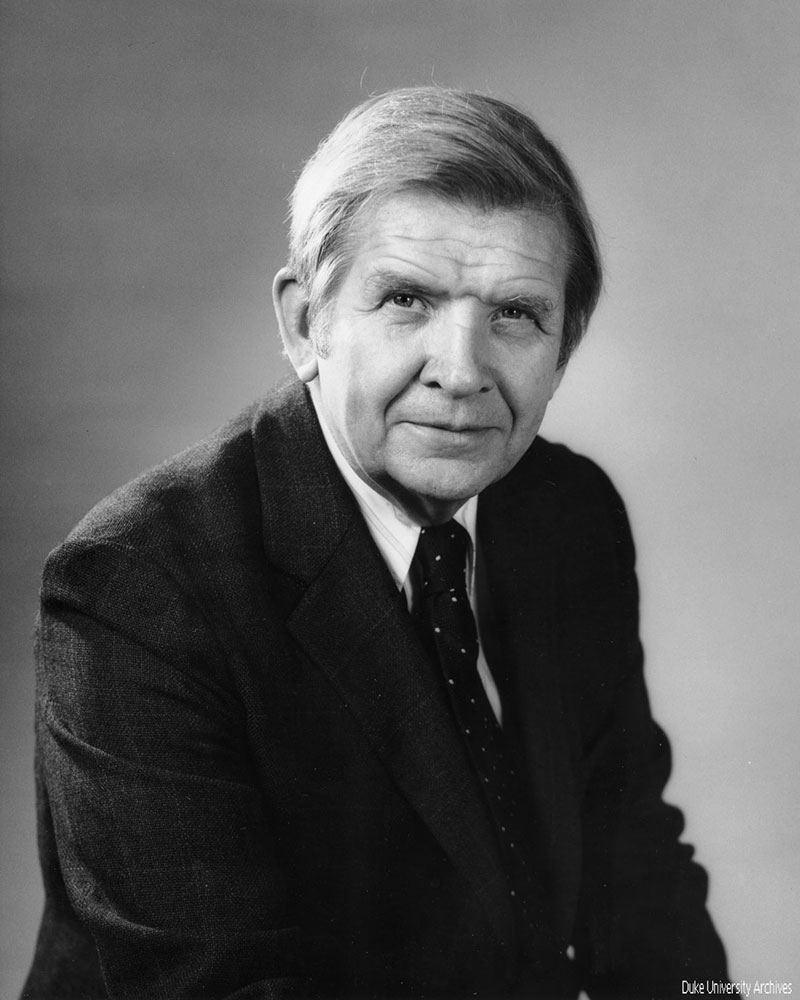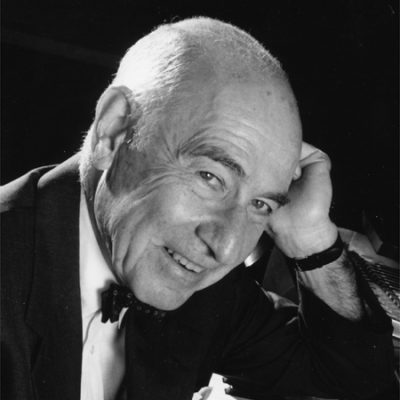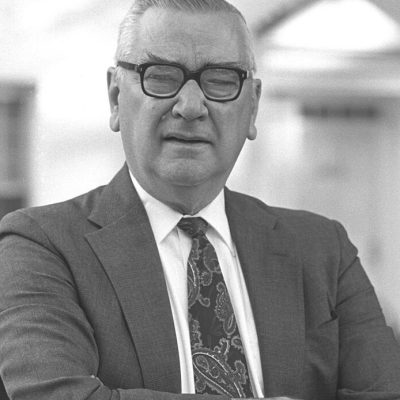Terry Sanford is remembered as a visionary who helped transform North Carolina into a national leader in fighting poverty and Duke into a world-class research institution.
Raised on a farm near Laurinburg, Sanford was a champion for the poor.
“He experienced relationships and friendships with all kinds of people, particularly poor people,” said Joel Fleishman, legal counsel to Sanford during his term as governor of North Carolina from 1961-1965. (Fleishman became a Duke professor of law and public policy in 1971.)
As governor, Sanford focused on education – nearly doubling spending on public schools. He also combatted poverty, helped bring IBM to the state, hiked the minimum wage and created a model for early childhood education.
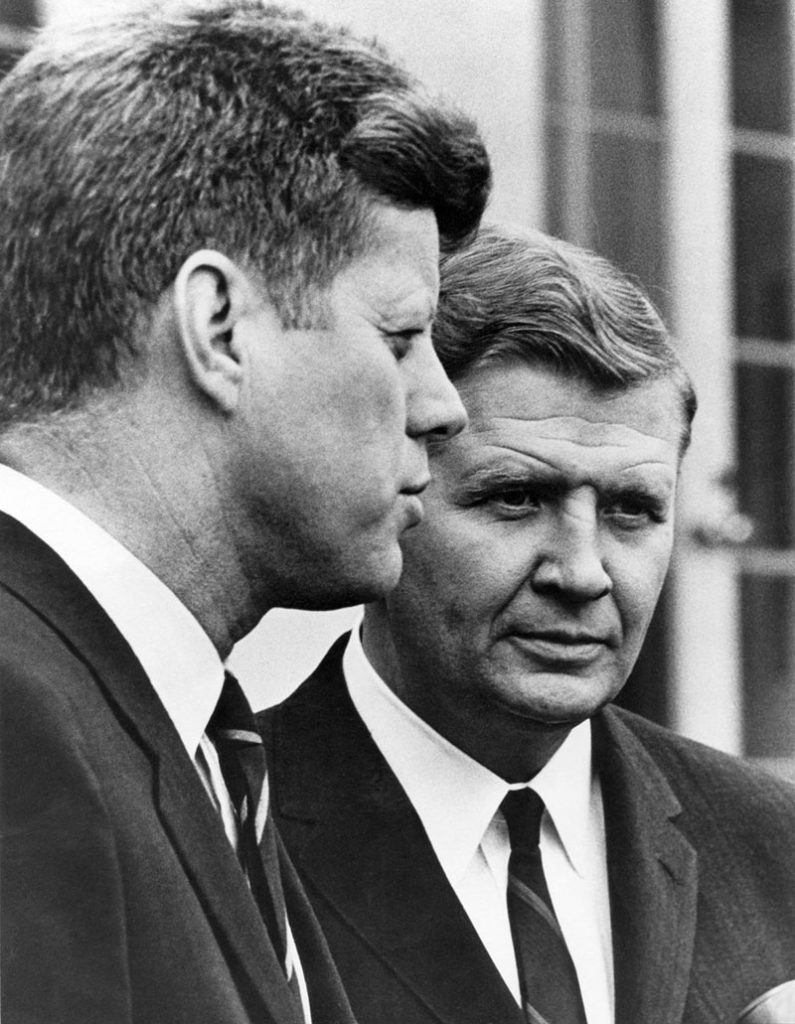
Sanford also expanded civil rights, countering other Southern governors.
“The time has come for American citizens to quit unfair discrimination, and to give the Negro a full chance to earn a decent living for his family and to contribute high standards for himself and for all men,” Sanford declared in January 1963, four days after Alabama Gov. George Wallace called for “Segregation now … segregation forever.”
Sanford began a 15-year term as Duke’s president in 1970. Among his achievements, Sanford created the Institute for Policy Sciences and Public Affairs, the predecessor of the Sanford School of Public Policy, and invited student protesters into his office to discuss grievances during the unrest of that era.
He went on to serve as U.S. senator (1987-1993) and twice ran unsuccessfully for president of the United States. Sanford returned to Duke to teach after his time as senator.
Sanford died on April 18, 1998, at age 80.
